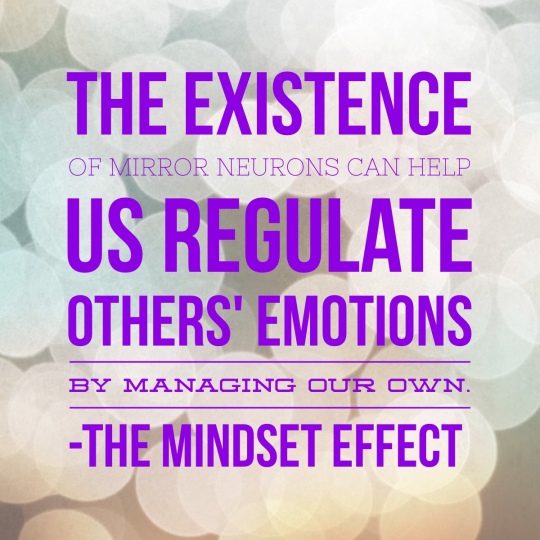Stress and Children
Kids experience stress just as much as the rest of us.
And sometimes more intensely than the rest of us.
I hope you’re all wondering why this is, because I’m about to share it with you.
It all originates in the field of child development. Or more specifically, brain development. When I began this series on stress we talked about the Triune Brain. We discussed how the brain processes stress and a little bit about the ages at which the different parts of the brain develop.
I’d like to discuss these age differences in a little more detail.
When we are born the only part of the brain to be fully developed is the brain stem, which is responsible for our physiological responses such as breathing, heart rate and blood pressure. If this part of the brain is damaged in some way, your survival may be threatened and it is possible that you would be looking at support from machines to stay alive. The brain stem is also responsible for the physiological aspects of the stress response – elevating the heart rate, breathing rate and blood pressure.
The limbic region is the next part of the brain to develop, usually completed at around 3-5 years of age. This controls our emotions. The amygdala lives in the limbic region and if you remember back to my previous post on this, its job is to make an assessment about whether your life is at threat. So when we perceive our life to be in danger, our emotions, such as fear and anxiety, are activated.
The final part of the brain to develop is the neocortex, which is responsible for our ability to think, reason and solve problems. This begins to develop properly in our teens but isn’t completely developed until we reach our mid 20’s. When our stress response is activated, the blood flow to the neocortex is reduced, and therefore our ability to think is impaired.
Here is a simple diagram that shows this relationship.
Let’s think about these facts in relation to children. As adults, when we become stressed we can sometimes use our reasoning ability to calm this response and get back to our balanced state (homeostasis). Remember though, by the time we reach our mid 20’s, all 3 areas of the brain are fully developed. This means that the sizes of the limbic region and the neocortex are somewhat even, thereby making it easier to reason things out when we’re stressed.
Children, however, do not have this. Because of their brain development, their limbic region and neocortex are different sizes, which means that their emotions have much more control than their thinking and reasoning ability. So when their stress response is activated, they are unable to down-regulate, or calm the response. This is not only due to the size difference, but also because the blood flow to the neocortex is diminished. So they have all these emotions running through their mind and body, but are unable to use logic to bring themselves back to a place of balance.
I hope this makes sense, because it is an integral part of why children’s behaviour can become volatile at the smallest things.
Sometimes their parents or another adult is able to “talk them down”, particularly if they combine some simple breathing techniques with ‘loaning’ out some logic or reasoning power. But sometimes the stress response is engaged to such an extent that the only way to calm it is to allow it to burn itself out. In this way kids are able to burn off any adrenalin with physical activity. Most of the time you’ll probably find this happen with the use of some pretty intense tantrums, complete with throwing things, yelling, hitting and so on.
The key to helping your kids to manage their response comes by making them more aware of their body and the signals it gives out to indicate stress. Look for a post on this in the next few days. In the meantime, try reviewing an article I wrote back in August about some secret kids business. In it I discuss how kids can learn to manage their own self-care by creating a box in which to keep some special things to help them calm down.
A special note for children who have experienced trauma or abuse, particularly at an early age. Neurobiological research has found that these kids often have an amygdala that is enlarged. This means that it is much more easily activated. And this in turn means that there is a larger difference in size between the limbic region and the neocortex, making it even more difficult to regulate their emotions. For these kids (well, for all kids, but especially for these ones), the key is safety and security. More than anything else, they need to understand that they are safe. So the best thing you can do is to remain calm, firm and completely sure in your attempts to support them. As you work at calming their response, regulate your own breathing using the belly breathing techniques we have already discussed. We all know that children pick up on our energy and moods, so the calmer you become, the easier it will be to help regulate them. And please consider seeking psychological support for these kids. Not only can a professional teach them how to regulate their emotions, they can work with you on specific strategies to use with them.









